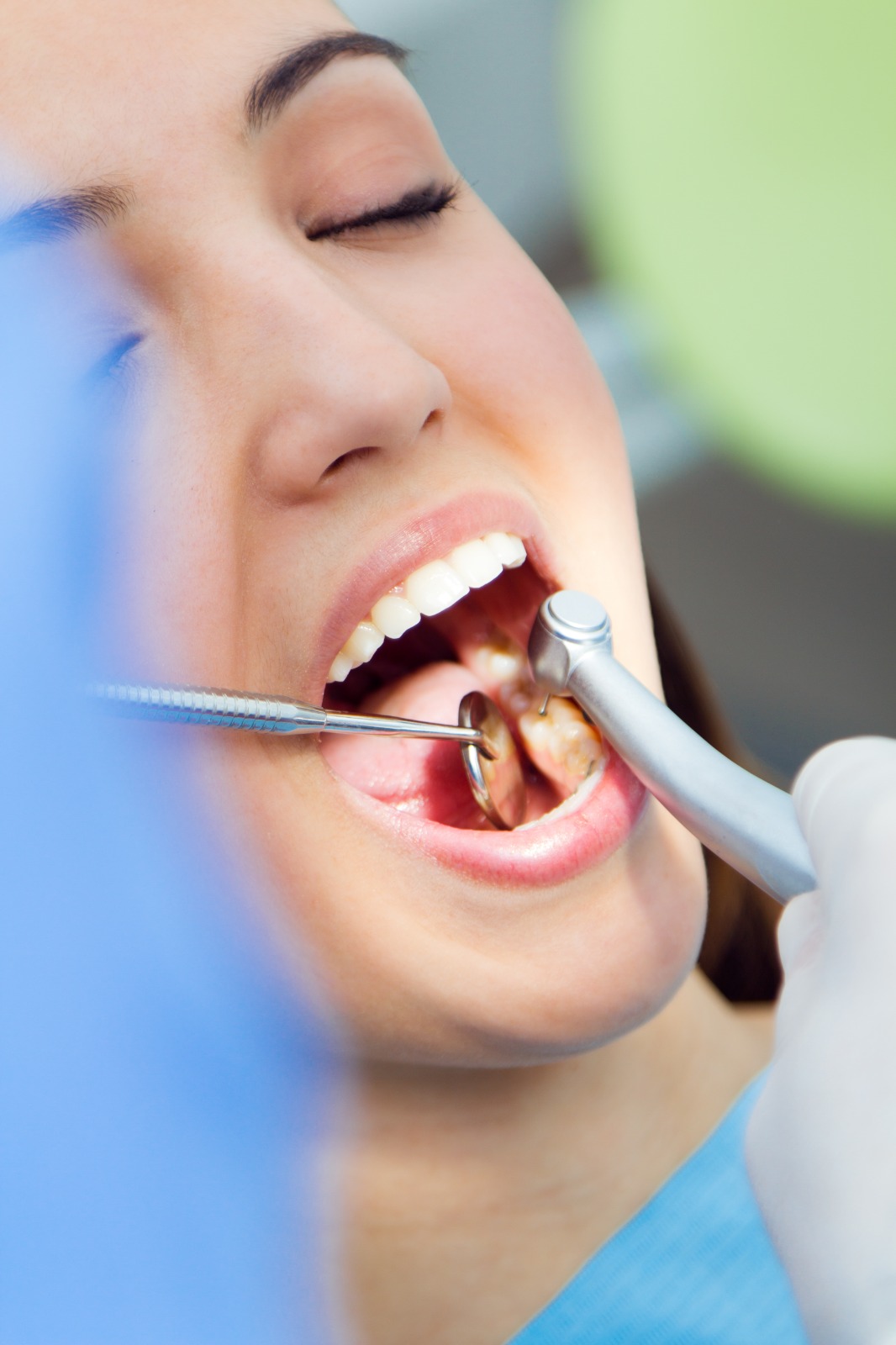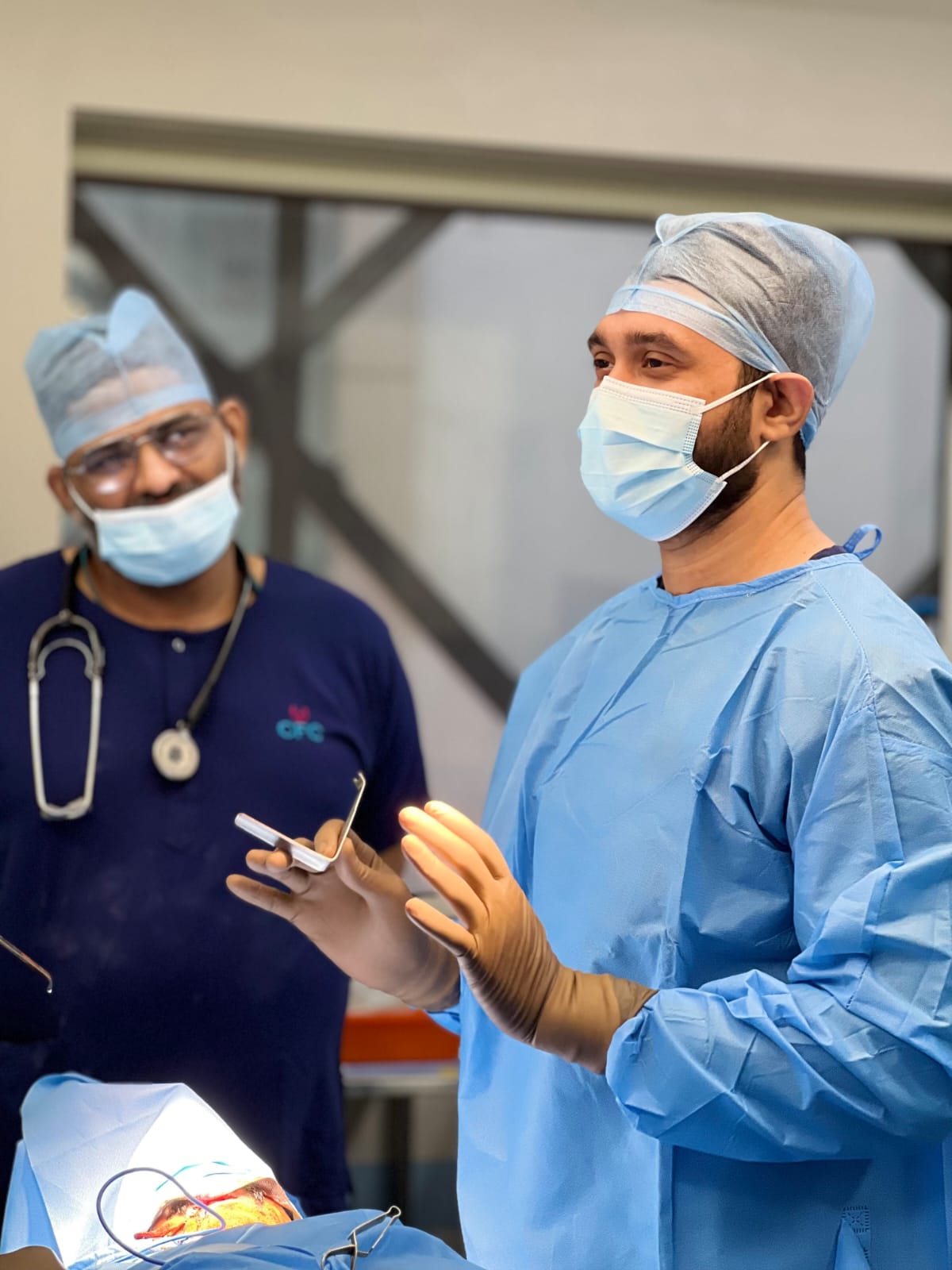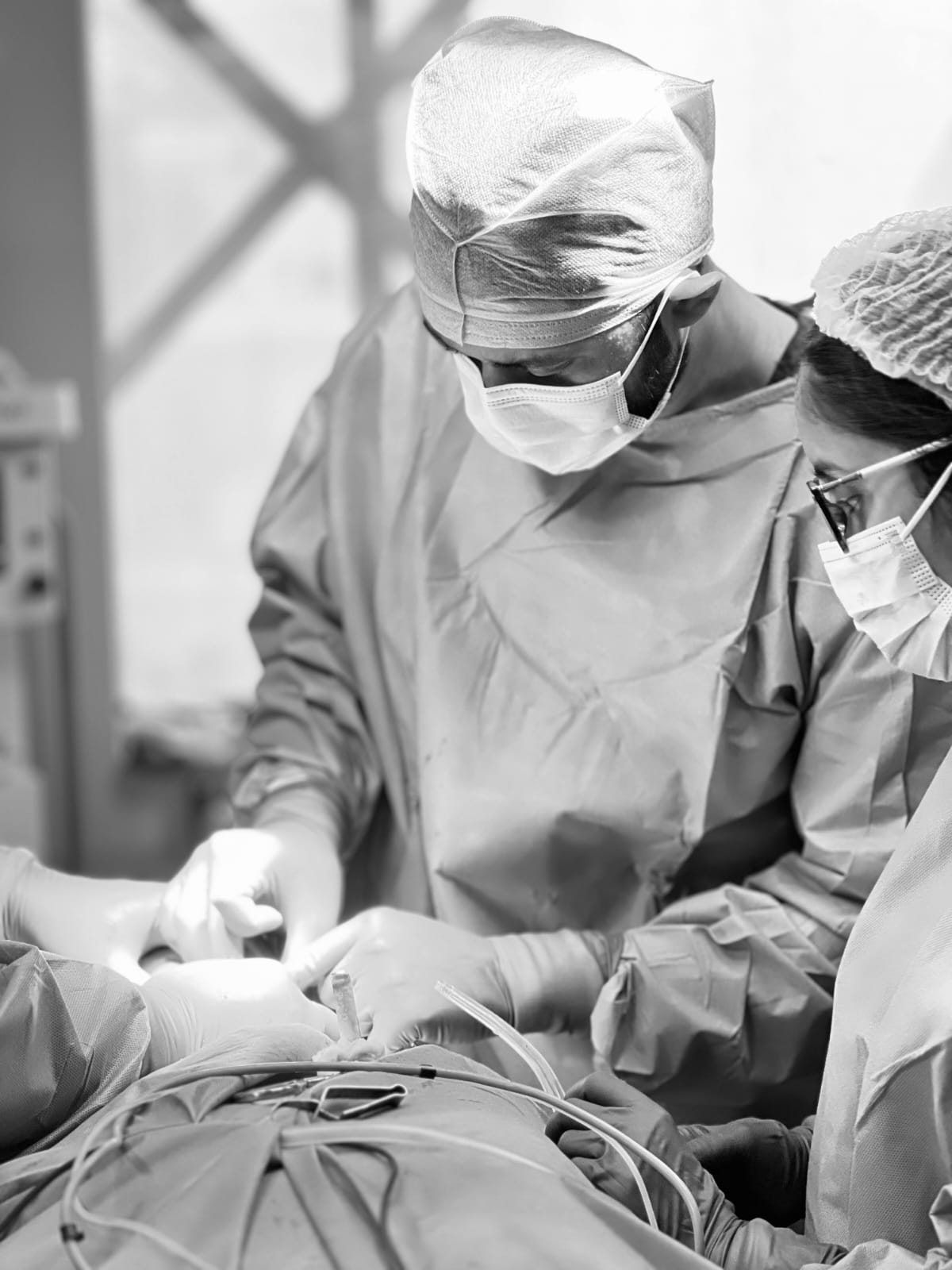- Home
- Team
- Treatments
- Cosmetic Dentistry
- General Dentistry
- Digital Dentistry
- Root Canal
- Implants
- Orthodontics
- Stress Free Treatments
- Children’s Dentistry
- Reverse Aging Dentistry
- Crown in A Day
- Smile Corrections
- Zygoma Implants
- Fixed Teeth Rehabilitation Within 3 days
- Invisible braces – Aligners
- Laser Dentistry
- Dental Tourism
- Aftercare
- Smile Gallery
- Blog
- Contact Us
Caring is our Speciality, Excellence is our Goal !
Your Journey to Achieving Optimal Oral Health is well supported by our Experienced Team.
Once your procedure is complete we focus on providing step-by-step aftercare regimes for every procedure.
For any treatments that are not listed here, the aftercare instructions are contained directly in the treatment page.

BRACES- POST OP INSTRUCTIONS
After your braces have been placed, it is important to follow these care instructions to keep your teeth healthy and your braces functioning correctly during treatment.
1) Immediately after your procedure, use your finger and tongue to check for wire ends that extend into areas that may poke or irritate your mouth.
2) We will provide you with a supply of wax to place around the wire or brackets to minimize irritation.
3) Your mouth and teeth may be sore for up to a week. To help, you can rinse with cold water, take an over-the-counter pain reliever or use a topical numbing gel to sooth any tenderness.
4) For the first few days, try to eat only soft foods until you become accustomed to your new braces. Throughout your orthodontic treatment, avoid eating hard, chewy or sticky foods to avoid damaging the brackets.
5) Also, do not chew on hard objects like ice cubes and pencils as these can damage your braces.
6) Daily home care is more important than ever for keeping your teeth healthy during orthodontic treatment. You should brush and floss after every meal taking extra care to brush your teeth and around your braces to dislodge food and to keep free of plaque buildup and decay.
7) We will recommend specific brush and demonstrate any specific cleaning aids you may need for home care.
8) If you play contact sports, make sure to talk to us about precautions such as a mouth guard to protect your teeth and braces.
9) At any time during your treatment, if you experience severe pain, a loose bracket or band, or a broken wire, contact us for assistance.
Extraction & Impaction
POST OP INSTRUCTIONS
DO NOT DISTURB THE AREA: For the next few days, and especially the first 24 hours, it is very
important to allow your body to form a good clot and start the natural healing process. Swishing, sucking through a straw, and smoking can all dislodge the clot. Keep anything sharp from entering the wound (crunchy food, toothpicks, eating utensils). Be sure to chew on the opposite side for 24 hours.
BLEEDING: When you leave the office, you might be biting on a gauze pad to control bleeding. Keep slight pressure on this gauze for at least 30 minutes. Don’t change it during this time; it needs to remain undisturbed while a clot forms in the extraction socket. After 30 minutes you may remove it. Small amounts of blood in the saliva can make your saliva appear quite red. This is normal and may be noticed the rest of the day after the procedure.
SMOKING: Smoking should be stopped following surgery. Healing and success of the surgery will be substantially reduced by the
cigarette smoke chemicals in your body. Also the suction created when inhaling cigarettes can dislodge the clot. Smokers are at greater risk of developing a painful Dry Socket.
PAIN: Some discomfort is normal after surgery. If prescription pain medication is prescribed, take it as instructed on the label. Don’t exceed the dose on the label. Taking with food or milk will help reduce upset stomach. Avoid driving or operating heavy machinery when taking pain prescriptions. Do not drink alcohol while taking prescription pain medications.
NAUSEA: This is most often caused by taking pain medications on an empty stomach. Reduce nausea by preceding each pain pill with soft food, and taking the pill with a large glass of water.
SWELLING: Applying an ice bag to the face over the operated area will minimize swelling. Apply for 15 minutes, then remove for 15 minutes. Continue this for the first day.
NUMBNESS: The local anesthetic will cause you to be numb for several hours after you leave the CLINIC. Be very careful not to bite, chew, pinch, or scratch the numb area. Sometimes the extraction causes residual numbness or tingling for six weeks or longer.
BRUSHING: Do not brush your teeth for the first 8 hours after surgery. After this, you may brush your teeth gently, but avoid the area of surgery for 3 days.
RINSING: Avoid all rinsing or swishing for 24 hours after extraction. Rinsing can disturb the formation of a healing blood clot which is essential to proper healing. This could cause bleeding and risk of dry socket. After 24 hours you may begin gentle rinsing with a saltwater solution (1/2 teaspoon rock salt + 1 glass of luke warm water).
DIET: Eat soft foods for the first two days. Maintain a good, balanced diet. Return to normal regular meals as soon as you are able after the first two days. Drink plenty of water. Avoid alcohol for 48 hours.
ACTIVITY: After leaving the Clinic, rest and avoid strenuous activities for the remainder of the day.
Keeping blood pressure lower will reduce bleeding and aid healing.
ANTIBIOTICS: If you were given an antibiotic prescription, take all of them as directed until they are gone. Women: some antibiotics can reduce the effectiveness of birth control pills. Use alternate birth control methods for two months.


FILLING - POST OP INSTRUCTIONS
Please remember that after dental work, it can take time to adjust to the feel of your new bite. When your bite is altered or the position of your teeth changed, it can take several days for your brain to recognize the new position or thickness of your teeth. This is completely normal.
- If you detect any high spots or problems with your bite, call us so we can schedule an appointment to adjust your bite.
- It’s normal to experience some hot and cold sensitivity following a filling procedure. Teeth require some time to heal after removal of tooth structure and may be sensitive in the meantime.
- Soreness in the gum tissue surrounding your tooth is common after certain procedures; however, symptoms usually disappear within a few days. Rinsing with warm salt water in the area can help alleviate the soreness and promote faster healing
Taking Care of Your Teeth
- Daily brushing and flossing are a must. Consistent plaque removal is critical for the long-term success of your new restoration as are regular professional cleaning appointments.
- Any food that can crack, chip, or damage a natural tooth can do the same to your new filling. Do not bite into hard foods such as hard nuts, peanut brittle, ice, apples, frozen candy bars, sticky caramel, or anything else that can put undue pressure on your teeth.
- Never use your teeth as tools! Teeth are not meant to open frozen vegetable bags, pull on strings, or hold objects. Also, no biting on fingernails, chewing pencils, or doing anything else that could cause pressure or trauma to your teeth.
- While refraining from coffee, red wine, tea, and berries isn’t realistic for most people, these things will stain your teeth, as will tobacco. Use a straw as much as possible for liquids, and always brush, floss, and rinse your teeth with a whitening mouthwash as soon as possible after consuming drinks and foods that stain.
IMPLANT SURGERY – POST OP INSTRUCTIONS
- Do not rinse or spit for 24 hours after surgery.
- Keep your fingers and tongue away from the socket or surgical area.
- Use ice packs on the surgical area (side of face) for the first 48 hours; apply ice 20 minutes on and 10 minutes off.
- For severe pain, use the medication prescribed your dentist.
- Drink plenty of fluids. Do not use a straw—this creates suction in the mouth that could cause complications.
- Strictly NO SMOKING for at least 5 days after surgery.
- Avoid strenuous activity and do not exercise for at least 3–4 days after surgery. After that, be careful: your regular caloric and fluid intake have been reduced, so you may get light-headed, dizzy, or weak.
- Do not rinse or spit for 24 hours after surgery.
- Keep your fingers and tongue away from the socket or surgical area.
- Use ice packs on the surgical area (side of face) for the first 48 hours; apply ice 20 minutes on and 10 minutes off.
- For severe pain, use the medication prescribed your dentist.
- Drink plenty of fluids. Do not use a straw—this creates suction in the mouth that could cause complications.
- Strictly NO SMOKING for at least 5 days after surgery.
- Avoid strenuous activity and do not exercise for at least 3–4 days after surgery. After that, be careful: your regular caloric and fluid intake have been reduced, so you may get light-headed, dizzy, or weak.


PERIODONTAL FLAP SURGERY- POST OP INSTRUCTIONS
BRUSHING / FLOSSING
- Do not brush the gum line of the treated areas.
- Brush only the chewing surfaces (tops) of the treated teeth for 1 week.
- Do not floss the treated teeth for 1 week.
- Brush and floss the areas after a week normally.
EATING
- Avoid hot temperature food/drinks the day of the surgery (coffee, tea, soup).
- Soft foods will be desired for the first few days.
- Avoid crunchy, salty, spicy foods for 1 week as they will irritate the treated areas.
- Avoid drinking with a straw for 3 days as it can create bleeding.
CHEWING
- Do not chew with teeth that have been treated (chew on the other side of the mouth) for 1 week.
- If both sides of the mouth have been treated, chew lightly.
DISCOMFORT
- Once the numbness wears off, you may experience discomfort.
- The treated area could remain tender up to one week.
- “Delayed discomfort” is possible. This means that you may feel little to no discomfort the 1st week but do experience some the 2nd week.
- A cold pack can be gently placed on the outside of the cheek for up to 20 minutes every 2 to 4 hours. This is most effective the first 24 to 72 hours following the surgery.
BLEEDING
It is normal to experience slight bleeding for the first 2-3 days.
SUTURES
Sutures (stitches) will be placed, should be removed after 7 days. Do NOT attempt to pull or remove the sutures.
EXERCISING
Avoid exercising or heavy lifting for 2 days.
SMOKING
It is best not to smoke during the 1st week following the surgery as it will delay the healing process.
PRESCRIPTION MOUTH RINSE
Rinse twice daily (after breakfast and before bedtime) for 1 week.
MEDICATION
Take as directed until gone.
1 WEEK FOLLOW-UP APPOINTMENT
- An appointment will be scheduled for you to return 7-10 days following the surgery to evaluate the treated areas for healing and suture removal.
- At this time, your next follow-up appointment will be determined.
ROOT CANAL THERAPY – POST OP INSTRUCTIONS
- Root canal therapy can take 1-2 appointments to complete. After each appointment when anesthetic has been used, your lips, teeth and tongue may be numb for several hours. Avoid any chewing on the side of the treated tooth until the numbness has completely worn off.
- A temporary filling is placed by your root canal specialist to protect the tooth between appointments.
- Between appointments, it’s common for a small portion of your temporary filling to wear off.
- To protect the tooth and help keep your temporary in place:
- Avoid chewing sticky foods.
- Avoid biting hard foods and hard substances.
- If possible, chew only on the opposite side of your mouth.
- It’s normal to experience some discomfort for several days after a root canal therapy appointment, especially chewing. It is not uncommon for a tooth to be uncomfortable or even exhibit a dull ache immediately after receiving root canal therapy. This should subside within a few days (or even weeks).
- Root canal therapy can take 1-2 appointments to complete. After each appointment when anesthetic has been used, your lips, teeth and tongue may be numb for several hours. Avoid any chewing on the side of the treated tooth until the numbness has completely worn off.
- A temporary filling is placed by your root canal specialist to protect the tooth between appointments.
- Between appointments, it’s common for a small portion of your temporary filling to wear off.
- To protect the tooth and help keep your temporary in place:
- Avoid chewing sticky foods.
- Avoid biting hard foods and hard substances.
- If possible, chew only on the opposite side of your mouth.
- It’s normal to experience some discomfort for several days after a root canal therapy appointment, especially chewing. It is not uncommon for a tooth to be uncomfortable or even exhibit a dull ache immediately after receiving root canal therapy. This should subside within a few days (or even weeks).


Scaling and Root Planing therapy involves removing bacterial plaque and tartar from the root surface below the gum line. This reduces inflammation/infection and allows re-attachment of the gums to the root surface. The depth of the periodontal pockets is reduced thus allowing more efficient flossing and brushing.
FOR THE FIRST 24 HOURS:
- Do not eat or drink hot foods until the effect of anesthetic wears off.
- No vigorous physical exercise.
- Do not smoke or consume alcoholic beverages for at least 48 hours.
- Do not eat food that is extreme in temperature or spicy.
THINGS TO DO:
- Consume a soft diet for a day or two and chew on of opposite side of the treated area.
- Rinse with a warm salt water rinse, one teaspoon in 1 glass of water, three times a day.
- Gently brush and floss the treated area for a few days. Then resume normal brushing in a week or until the soreness is gone.
- Rinse with Chlorhexidine rinse if prescribed, for at least 30 seconds twice daily for 2 weeks.
- As the gums heal they will appear to be pink, less swollen, and will bleed less when you floss.
We’re committed to always getting better through tech-enabled procedures. Better mouth scans mean more accurate implants and better procedure planning — which leads to happier guests with better oral health. Working smarter is a no-brainer!
